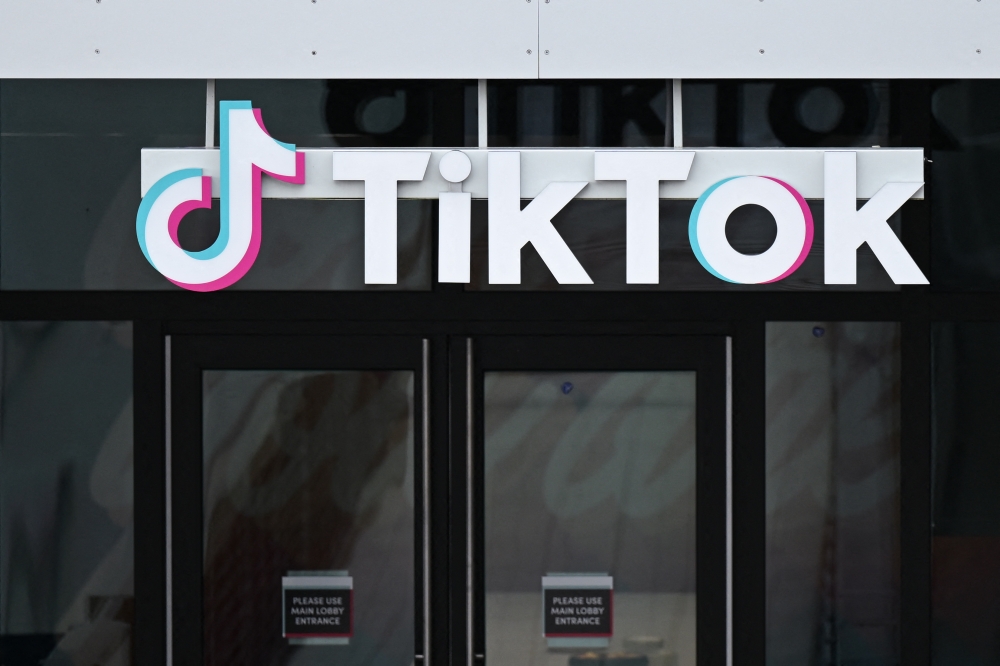[ad_1]
The program’s initiatives aim to increase the productivity of employees and specialists in the fields of information technology and security.
Qatar is currently training around 15,000 employees of the Ministry of Education and Higher Education on cybercrime prevention as part of its efforts to tackle online crimes.
The National Cyber Security Agency, represented by the National Cyber Excellence Department, announced on Monday the number of participants who enrolled in the programme for preventing cybercrime ahead of the much-awaited World Cup in November.
Over the last few years, the Gulf nation has faced various cyber attacks that first emerged ahead of the blockade and have continued to increase since. Despite reconciliation between the Gulf states, online attacks remain, with hundreds of people reporting online bank theft, impersonation attempts, and blackmail.
Several reports have also predicted that such crimes are expected to increase with the football tournament approaching, given that it might serve as a golden ticket for hackers and spammers.
For that reason, authorities have mobilised to raise awareness and train their employees to control and prevent further crimes. Other countries have also jumped to help Qatar, including Morocco, who has reportedly agreed to deploy a team of cybersecurity experts to the country ahead of the 2022 FIFA World Cup.
According to the report by Morocco World News, Doha had requested Rabat’s assistance in securing the major sporting event as part of its efforts to expand the two countries’ security cooperation.
On a national level, the agency said it seeks to improve cybersecurity competencies through training and development in order to be ready to face cyber attacks effectively if they occur, it added.
After testing 95 entities in Qatar to determine their capabilities and skills in the cyber sphere, as well as verify their ability to defend themselves from cyber-attacks, the idea for the training programme for the prevention of cybercrime was developed.
The initiatives for the training are intended to increase the productivity of employees and specialists in the fields of information technology (IT) and security in Qatar’s government agencies as well as to increase awareness among public employees who do not have training in information systems.
In addition, the nation’s agency aims to achieve its objectives of maintaining, organising national cyber security, and promoting and protecting the crucial interests of the state in the face of cyber threats through fostering a culture of security awareness among all segments of society.
Director of the National Cyber Excellence Department, Dalal Al Aqeedi, stated that so far, more than 15,000 people have benefited from the programme, including 591 trainees from school leaders, 10,175 trainees from teachers, and 2,638 trainees from administrators.
Out of the 15,000 participants, 12,000 have successfully completed the course, the official added.
Anti-Qatar propaganda
Qatar has faced numerous campaigns designed to discredit its reputation on the global stage.
Last year, data analysis obtained by Doha News revealed how hashtags that trended in Qatar involved thousands of dubious accounts and suspected bots designed to disseminate and amplify information critical of the Gulf state.
The data, which examined nearly 100,000 tweets, identified several highly active users that produced thousands of tweets featuring specific hashtags in an unusual period of time, all of which attempt to promote alleged public dissatisfaction towards Qatar’s government.
More recently, an investigation be Eekad, an open-source intelligence platform in the Middle East, tore through layers of fake accounts, mysterious pages as well as general content that appears to target Qatar, in a bid to find the network behind anti-Qatar platform QLeaks.
The four-month long investigation traced the popular online account back to the United Arab Emirates – which had been closely monitored by Eekad since the 2017 crisis.
[ad_2]
Source link

















Leave a Reply